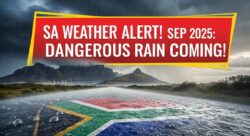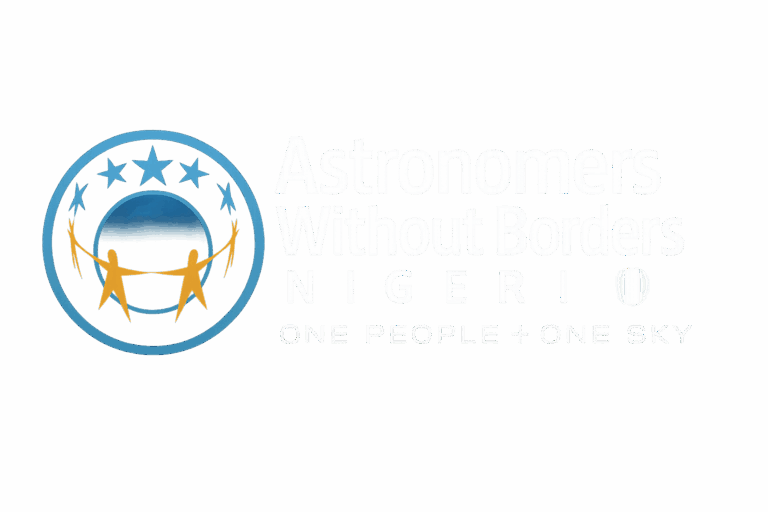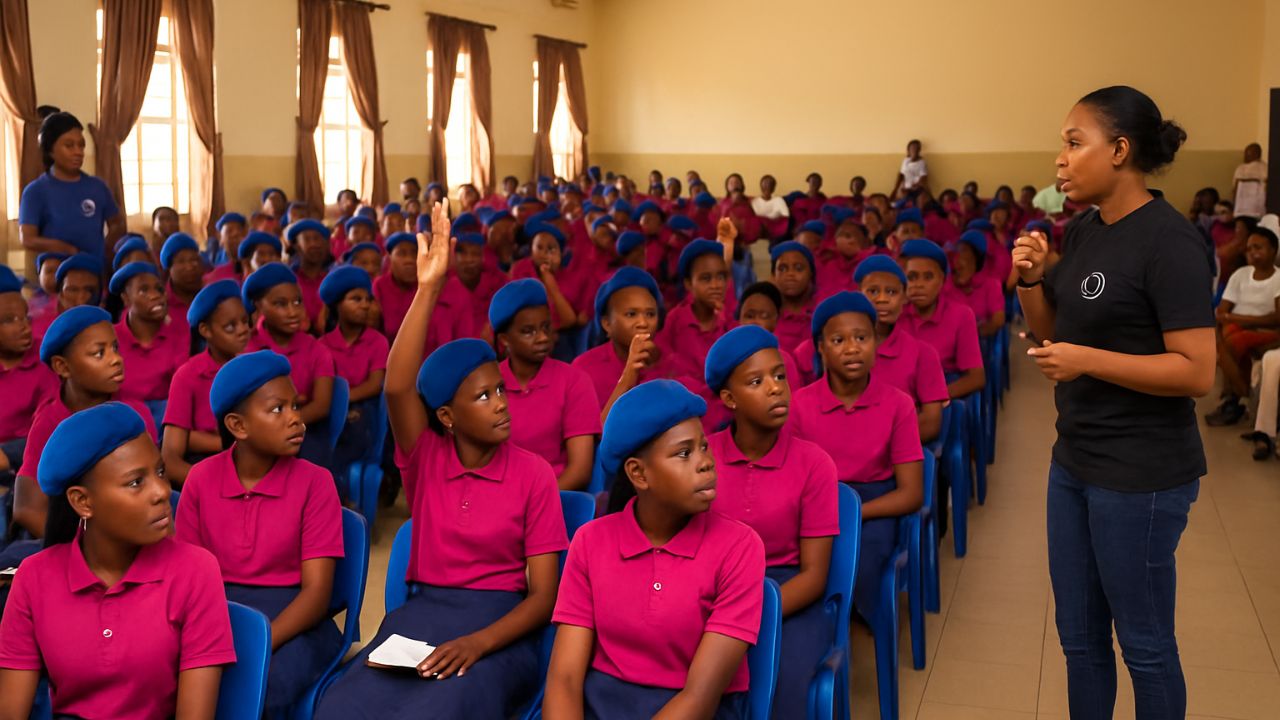Girls Astronomy Camp – In May 2019, Lokoja, the capital city of Kogi State in Nigeria, witnessed a remarkable educational event that brought together over 200 young female students for a transformative experience—the Girls’ Astronomy Camp. This initiative was designed to bridge the gender gap in STEM fields, particularly in space science and astronomy, by empowering young girls with the tools, mentorship, and inspiration needed to pursue scientific careers.
The camp was organized by the Centre for Basic Space Science (CBSS), a unit under the National Space Research and Development Agency (NASRDA), in collaboration with local educational bodies and international partners. Over the course of several days, participants engaged in interactive learning sessions, telescope viewings, workshops, and discussions led by women professionals in the field of astronomy and space science.
The choice of Lokoja as the host city held symbolic and strategic value—it lies at the confluence of Nigeria’s two major rivers and is central to the country’s educational outreach strategy. For many of the girls, this was their first hands-on exposure to scientific equipment, astronomical theories, and space exploration concepts.
 South Africa Weekend Weather September 2025 – Provinces Alerted of Dangerous Rain Conditions
South Africa Weekend Weather September 2025 – Provinces Alerted of Dangerous Rain Conditions
The camp did not only focus on academic enrichment but also offered mentorship programs, confidence-building exercises, and leadership development, ensuring a well-rounded experience for all attendees. The emphasis was on making science accessible, fun, and deeply inspiring for these young participants.
Below is a detailed look at the various aspects of the Girls’ Astronomy Camp, its structure, outcomes, and broader impact.
Event Overview: Introducing Girls to the Cosmos
The Girls’ Astronomy Camp was more than just a science workshop; it was an empowering platform to motivate young girls toward careers in STEM.
- Organized by: Centre for Basic Space Science (CBSS), NASRDA
- Location: Lokoja, Kogi State, Nigeria
- Dates: May 13 – May 17, 2019
- Participants: 200 female students from across Kogi State
- Age Range: 12–18 years
- Objectives:
- Promote science education among girls
- Introduce astronomy and space science
- Encourage leadership and mentorship
Key Activities Conducted During the Camp
A variety of structured activities kept students engaged while offering them exposure to the wonders of astronomy and space science.
| Activity Type | Description | Duration | Target Group |
|---|---|---|---|
| Telescope Viewing | Night sky observations using professional telescopes | 2 hours | All participants |
| Space Science Lectures | Talks on solar systems, galaxies, and satellites | 1 hour/day | Age 14+ |
| Interactive Workshops | Hands-on astronomy experiments and sky mapping | 3 hours/day | All participants |
| Group Discussions | Mentorship with female scientists and role models | 1 hour/day | Senior secondary |
| Quiz Competitions | Science-themed quizzes to test knowledge | 30 minutes | All participants |
| Leadership Games | Activities to boost self-esteem and team-building | 1 hour/day | All participants |
| Creative Challenges | Science-art integration activities like poster making | 45 minutes | Junior students |
| Closing Ceremony | Certificate distribution and award presentations | Half-day | All participants |
Mentorship: Learning from Women in Science
One of the most powerful aspects of the camp was its mentorship program, where students had face-to-face time with women working in STEM.
- Role model sessions held each morning
- Over 15 female scientists, engineers, and educators participated
- Topics included career planning, overcoming gender stereotypes, and science motivation
- Girls had the opportunity to ask questions directly and build personal mentor relationships
Empowerment Through Exposure to Role Models
Exposure to women already working in astronomy showed the participants that their dreams are valid and achievable.
- Inspiring talks by female astrophysicists and engineers
- Real stories of overcoming social and economic barriers
- Breakout sessions for personal mentoring and Q&A
- Encouragement to pursue scholarships and science programs
Regional Participation and School Involvement
The event drew students and teachers from various schools, reflecting the program’s wide reach across the region.
| School Name | Local Government Area | Number of Students | Teacher Accompaniment |
|---|---|---|---|
| Government Girls Science College | Lokoja | 35 | 3 |
| Holy Rosary Secondary School | Dekina | 25 | 2 |
| Federal Government Girls College | Kabba | 30 | 2 |
| St. Monica’s Girls College | Idah | 20 | 1 |
| Kogi Unity School | Okene | 18 | 2 |
| Wisdom Heights Academy | Ajaokuta | 24 | 2 |
| Christ the King Girls College | Ankpa | 22 | 1 |
Inter-School Engagement and Science Networking
These diverse schools facilitated collaboration and shared learning among students from various backgrounds.
 September 2025 R12,500 Youth Grant – Application Window Open With Step-by-Step Instructions
September 2025 R12,500 Youth Grant – Application Window Open With Step-by-Step Instructions
- Mixed teams in activities promoted teamwork
- Friendly competitions encouraged peer-to-peer learning
- Teachers reported increased interest in science after the camp
- Plans underway to replicate similar events in other districts
Workshop Highlights and Learning Outcomes
Students left the camp with a strong grasp of basic astronomy and a renewed enthusiasm for science.
Key Learnings from the Camp
- Identification of major constellations
- Basics of telescope handling and night sky observation
- Introduction to satellite technology
- Understanding the roles of women in Nigeria’s space agency
Notable Presentations Delivered
- “The Solar System and You” – Dr. Kehinde Okunade
- “Girls in Space: Breaking Barriers” – Mrs. Fatima Idris
- “From Earth to the Stars: Satellite Tech Basics” – Engr. Ngozi Emecheta
- “Navigating with the Stars: Astronomy in Everyday Life” – Dr. Folashade Alade
Departmental Contacts and Organizing Bodies
For future collaborations or information on similar outreach programs, the following contact details are provided:
| Department | Contact Person | Role | Phone Number | |
|---|---|---|---|---|
| Centre for Basic Space Science | Dr. Greg Oyelade | Program Director | +234 812 345 6789 | [email protected] |
| NASRDA Public Affairs | Mrs. Funmi Lawal | Media Coordinator | +234 803 456 1230 | [email protected] |
| Education and Outreach Division | Mr. Salisu Bako | Event Logistics | +234 701 234 5678 | [email protected] |
| Local Education Authority (Lokoja) | Mrs. Hadiza Bello | School Liaison Officer | +234 805 678 9123 | [email protected] |
Frequently Asked Questions
1. Who organized the Girls’ Astronomy Camp in Lokoja?
The camp was organized by the Centre for Basic Space Science under NASRDA in collaboration with local schools and agencies.
2. What was the age range of participants?
Participants were girls aged between 12 and 18 years, mostly from secondary schools.
3. Was participation limited to students in Lokoja?
No, schools from across Kogi State were invited, and several LGAs were represented.
4. What were some key outcomes of the camp?
Increased interest in STEM careers, enhanced confidence in science topics, and mentorship from female scientists.
5. Will there be similar camps in the future?
Yes, based on the success of the Lokoja event, NASRDA and CBSS plan to expand to other regions in the coming years.




